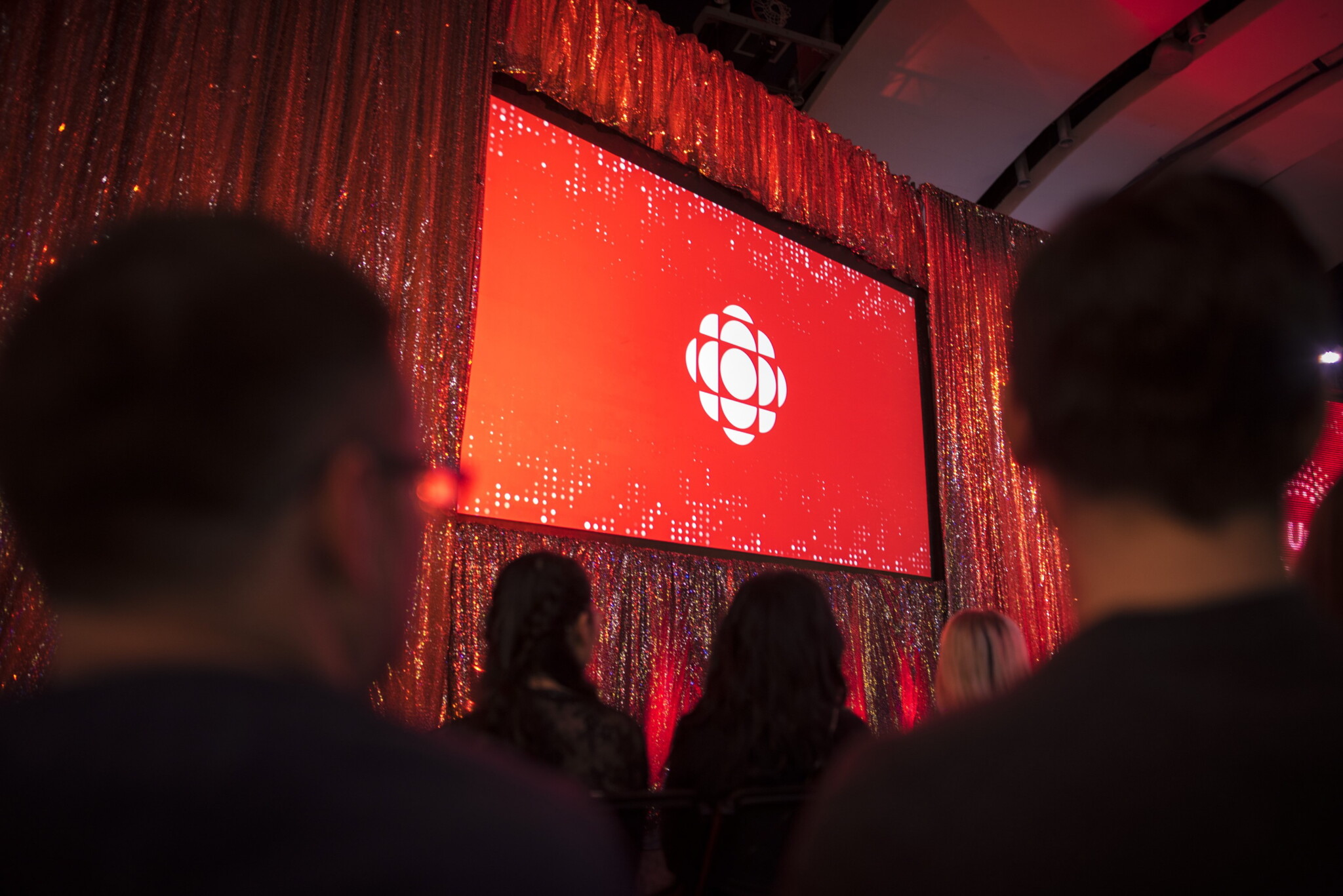Those of us who have abandoned the CBC after decades of treating it like the default radio and TV station of this country have spent a lot of time trying to understand what happened with the national broadcaster. After finishing David Cayley’s new book, The CBC: How Canada’s Public Broadcaster Lost Its Voice (and How it Can Get it Back), published by Sutherland House (2025), I realized that we haven’t looked far back enough or close enough.
The veteran CBC radio producer traces the roots of the corporation from the early 1960s, following the steady change to today. He names the producers and the managers, scrutinizes what the heads of English language programming pushed forward, the “modernization” schemes, and the stars of the new star system. He analyzes the language, and the ideas behind the language as they become dominant, and gradually details the dogma that emerges. His is the best book that we now have on how the media bosses and the CBC’s internal structure wrecked a major national asset.
It was, in fact, CBC culture that destroyed the CBC. This is the conclusion that I reached as I closed the book. But keep in mind that every book about the CBC will inevitably be a book about Canada’s culture and the conversations we are having (or, notably, not having) in our public sphere. What happened to the CBC is also inevitably a story of what happened to Canada.

How we got here
Unlike a lot of the writing on what ails the CBC, Cayley does not focus on funding and the repeated cuts that have caused waves of layoffs. Yes that’s important, but not only that. It’s about the values—the worldviews, the principles—fighting for supremacy. For most of its history, the CBC has been a battlefield between elitism and populism, so called; Cayley questions the accuracy of both terms, but they are explanatory enough so they will do. The job of a public broadcaster is to educate, inform, and entertain, as it’s stated in the BBC’s mandate, or put similarly in the CBC’s, to enlighten–which effectively comes down to educate and inform– and entertain—the populist directive. In practice, the latter set of values often ends up clashing with the former.
According to Cayley, this clash, as long as both sides of the mandate held their own, had been a productive one for the CBC. But then one side, the drive to promote certain values, started winning, and winning hard, until it scorched the field and transformed the corporation into a noncompetitive commercial television channel.
And it was a very progressive preoccupation at that, catering to the ever narrower slice of the Canadian public. This ideological closure was happening as seemingly the CBC insisted it was, simultaneously, broadening its cultural “relevance,” adopting the language of marketing and “target demographics,” abandoning high-level art and ideas content and documentary reportage, and chasing viewership numbers and that ubiquitous lodestar of the early 21st-century journalism: the traffic.
The genius of the Cayley book is that it shows us precisely how an alleged dusting off of the cobwebs, the rise of the relevance, and the elimination of the so-called fuddyduddies led to the greatest ideological and philosophical narrowing down a media organization could experience.
“Canada lives here.” And we know exactly what decent, right-thinking Canada believes and will keep telling you.
The old CBC knew that it would have to mediate and humbly cater to as many different publics as this complex country has. The farmers will listen to the farming programs, readers the book programs, jazz lovers the jazz hour, provinces and cities will find regional and local content, believers will listen to programs on religion, as sports programs will appeal to sports lovers.
But after the progressive capture, the CBC talked in one, unified voice of “we,” and made programs for this unified whole which it purported to be tapping into.
Culturally, it found the lowest common denominator in pop culture, which effectively means American pop culture and its history. The greatest scandal of Jian Ghomeshi’s tenure as the CBC’s biggest star was not the sexual trial, but the editorial-managerial culture that birthed and fed Ghomeshi and kept him and CBC personalities like him on a pedestal. It’s the chummy, “Hey guys, we’re all more or less same here, have the same interest in pop culture” vernacular. The CBC’s conception of Canadiana, then, becomes simply a worse, knock-off version of what’s popular down south.
Is the CBC's 'progressive capture' a reflection of broader Canadian cultural shifts?
How has the CBC's pursuit of 'relevance' and 'target demographics' impacted its content and audience?
What does the article propose as solutions for the CBC to regain its voice and serve Canada effectively?








